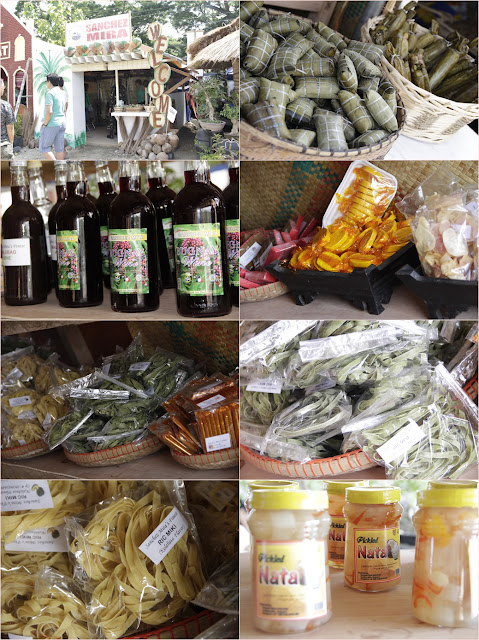
TUGUEGARAO CITY - Instead of having the annual Department of Agrarian Reform Provincial Office (DARPO) Christmas Party, the DARPO-Cagayan employees cancelled their annual Christmas Party in sympathy with Typhooon Haiyan/Yolanda victims in central Visayas where some DAR employees themselves lost their lives.
The funds for the Christmas Party were then used to buy rice in 10-kilo bags and distributed the same to indigent families who were pre-identified by the barangay officials in Capatan, Tuguegarao City. Barangay Capatan is just adjacent to the Pinacanauan River, which frequently overflows during typhoons and ruins the crops and livelihood of farmers in the said barangay.
PARO II Virgilio Acasili led the distribution of the 120 bags of Sinandomeng rice to indigent residents in barangay Capatan on December 21, 2013.
This is in addition to the cash donations earlier given by DARPO-Cagayan employees to victims of Super Typhoon Haiyan/Yolanda.
More photos: https://www.facebook.com/amarophil.cagayan/media_set?set=a.552277304847483.1073741888.100001956556263&type=3
Read PIA-Region 02 Article/Story:http://r02.pia.gov.ph/index.php?article=461387432874








































